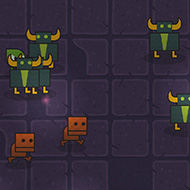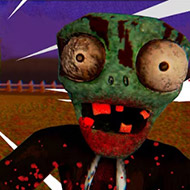Grey Area explores the fragile boundary between reality and perception. The player awakens in a seemingly normal environment that gradually transforms as choices alter the world itself. With each decision, the setting shifts subtly, reflecting moral ambiguity and the psychological weight of the player’s actions.
Interactive Decisions and Perception
The central gameplay mechanic in Grey Area revolves around moral dilemmas. The player must decide how to interact with characters and handle difficult scenarios, but the consequences are rarely clear. Each choice adjusts the world’s appearance — lighting fades, objects distort, and dialogue changes subtly to reflect guilt, fear, or clarity.
- Dialogue Shifts: Conversations adapt dynamically to reflect the player’s tone and decisions.
- Reality Distortion: Physical spaces morph according to emotional tension and moral alignment.
- Memory Fragments: Collect pieces of forgotten memories to reconstruct the protagonist’s identity.
- Multiple Endings: Every playthrough leads to different conclusions shaped by accumulated choices.
Gameplay Structure and Discovery
Unlike traditional adventure games, Grey Area uses environmental storytelling to convey information. Instead of direct exposition, players interpret small details — notes, reflections, sounds — to piece together meaning. Exploration encourages observation over confrontation, rewarding patience and curiosity.
Symbolism and Challenge
Each puzzle reflects moral struggle rather than pure logic. Some require deciding which truth to believe, others force players to sacrifice progress to preserve sanity. The lack of a clear “right” path emphasizes the concept of ambiguity that defines Grey Area’s identity.
Grey Area challenges not just reflexes but perception. It’s a game about understanding the cost of decisions, where morality isn’t black or white but something shifting and uncertain. Every playthrough becomes a personal interpretation of truth, making each journey through its world deeply individual and hauntingly reflective.
















































































